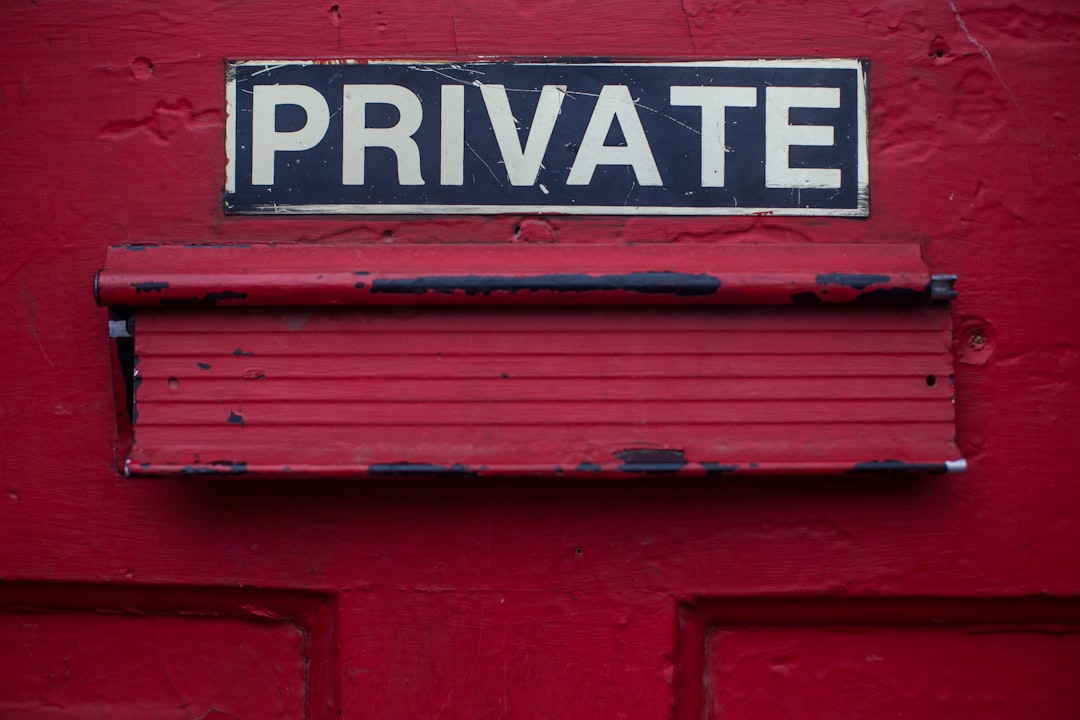In today’s hyper-connected world, safeguarding your privacy online has never been more crucial. Every click, scroll, and download leaves behind a digital footprint that can be tracked, analyzed, or even misused. Whether you’re protecting yourself from identity theft or attempting to minimize data collection by large corporations, taking your online privacy seriously is essential. Here are 10 proven tips to help you strengthen your online privacy and protect your sensitive information.
1. Use Strong, Unique Passwords
One of the simplest yet most effective ways to defend your privacy is by using strong and unique passwords for every account. A good password should be at least 12 characters long and contain a mix of letters, numbers, and special characters. Avoid using easily guessable information like birthdays or names.
Make use of a reputable password manager to store and generate complex passwords without the burden of remembering them all.
2. Enable Two-Factor Authentication (2FA)
Two-factor authentication adds a vital second layer of security. Even if your password is compromised, the attacker still cannot access your account without the second form of verification, which is typically a code sent to your mobile device or email.
3. Keep Your Software Updated
Software updates often include patches for known security vulnerabilities. Failing to update your operating system, browsers, and apps can leave you exposed to hackers and malware.
Tip: Enable automatic updates wherever possible to ensure you’re always protected against the latest threats.
4. Be Wary of Public Wi-Fi
Public Wi-Fi networks are notoriously insecure. Anyone on the same network can potentially intercept your data. If you must use public Wi-Fi:
- Connect through a Virtual Private Network (VPN)
- Avoid logging into sensitive accounts such as online banking
- Stick to HTTPS-secured websites

5. Limit What You Share on Social Media
Social media platforms are valuable sources of personal data for cybercriminals and data brokers. Be mindful of what you post and familiarize yourself with the privacy settings of each platform to control who can see your information.
This also helps reduce the chances of social engineering attacks where someone uses personal info to manipulate or deceive you.
6. Use a VPN
A VPN encrypts your internet traffic and hides your IP address, making it harder for websites, ISPs, and hackers to track your online activities. Always choose a trusted VPN provider with a strict no-logs policy.
7. Install and Use Privacy-Focused Browser Extensions
Extensions like uBlock Origin, Privacy Badger, and HTTPS Everywhere can block ads, prevent trackers, and ensure secure connections. These tools work quietly in the background to enhance your browsing privacy.

8. Review App Permissions
Many apps request access to features and data they don’t actually need. For example, a flashlight app should not need access to your contacts or location. Take the time to review and restrict permissions for each app, especially on your mobile device.
9. Use Secure Messaging Apps
Not all messaging apps are created equal. Choose apps that offer end-to-end encryption, such as Signal or WhatsApp. This ensures that only you and the person you’re communicating with can read the messages, not even the app provider.
10. Clear Your Cookies and Browsing History Regularly
Cookies and browsing history can be used to track your behavior across the web. Regularly clearing them not only frees up space but also erases data that websites and advertisers might use to target you.
Better yet, consider using the browser’s private or incognito mode when browsing sensitive topics.
Final Thoughts
Online privacy is not just about avoiding spam or ads—it’s about protecting your identity, personal interests, and freedom from surveillance. Implementing these ten tips won’t make you invisible, but it will significantly reduce your exposure and risk. As technology continues to evolve, staying informed and vigilant is your best defense.
